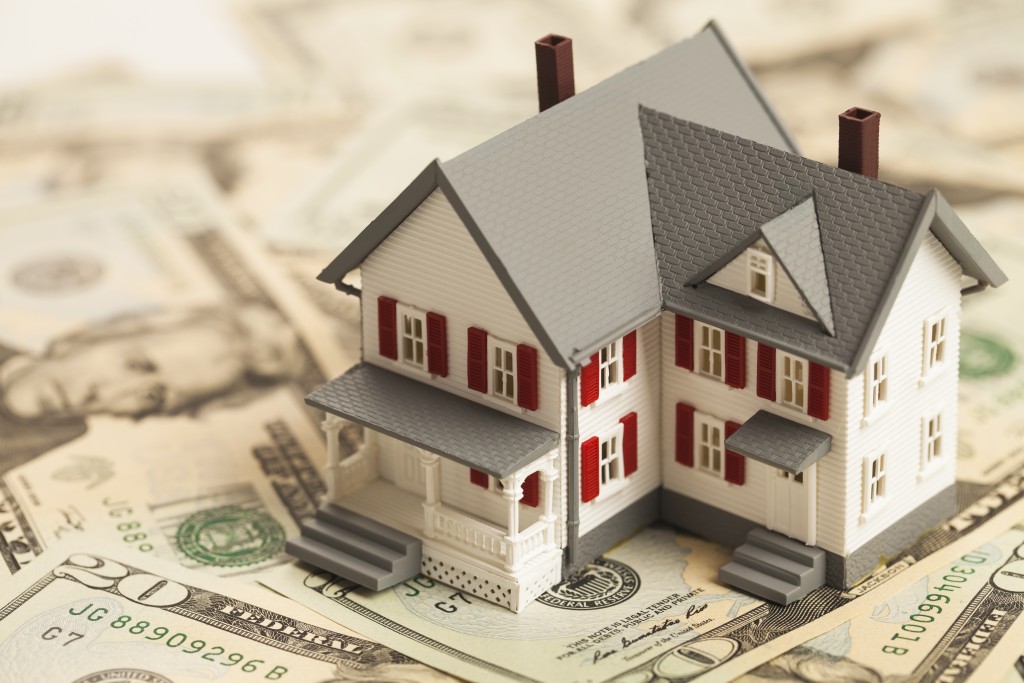The United States real estate market, particularly for residential properties, is booming. Demands are surging as everyone is stuck at home, making the most of their houses and using them as a gym, office, and a place to live. Recent surveys have shown that more people are leaving the city to find more peaceful and less crowded places to live, contributing to the ever-increasing demands for new and existing homes.
With how trends are going, the housing and building boom momentum is poised to continue in 2021—and beyond. That said, here are more reasons why experts predict the housing and building boom will accelerate this year.
Interest Rates are at a Historic Low
Although the tightness in the real estate housing market can generate demand destruction, appealing borrowing rates have more than offsetting higher fees. Last September, the 30-year-long fixed mortgage rate was near 2.87%. Experts predict this will likely remain stable as the Federal Reserve reveals to market participants and homebuyers that long-term interest rate stays zero for the next couple of years.
Thanks to the low-interest rates, future homeowners can set aside some of their budget for home improvement projects, such as building a pickleball court at their home or investing in a large swimming pool, further contributing to the growth of the housing niche.
Home Value Growth Has Yet to End
Experts predict that home values will go up by 3.6% in the next couple of months, until February 2021, and will appreciate by 10.3% by the end of 2021. With the skyrocketing values, forecasts also predict sales volume to increase in 2021 continually. Existing house sales are also showing the tightest housing market ever, with buyers and sellers continuing to connect at a record pace. Fast home sales continue to dominate the industry in all states and regions in the country, with prices continuing to have a substantial growth rate.
The flow of home sellers and buyers has stayed high nearly the entire year and through the beginning of 2021. Because of these, the housing demand increases, alongside the supply growth of new home listings. If these trends continue, it’s a clear indicator that the real estate market will stay thriving even during the holiday season at the start of the new decade, showing the niche is as strong it was during the ‘housing bubble.’

People are Leaving the City
Individuals and families are fleeing cities at record rates due to the pandemic, driving people from less populated areas, such as apartment dwellings and toward houses. According to statistics, from March through August last year, the number of people moving out of cramped cities surpass 50%, generating a huge demand for homes in small towns like Durham, Scottsdale, Utah, and Columbus—and experts believe that this surge will continue through 2021.
Meanwhile, the demand for apartment dwellings and communal living quarters will face an all-time low in 2021.
Inventories Remain Low
Homebuilders are getting excited at the prospect of lower tending inventories, with almost 1.5 million on the market last August, which is down 18.6% from a year ago. At the rate the real estate industry is going, it’ll only take three months to wipe out all the existing home inventories down from four months a year ago. Traditionally, a supply of properties that can last for seven months is considered a healthy equilibrium—meaning more profits for sellers.
Additionally, in August last year, the average home only lasted on the market for 22 days, compared to the 31 days a couple of years in August, meaning almost 70% of properties on the market got sold in less than a month. So, with the low inventories, you can expect homes to be flying off the market in 2021 and beyond.
First-Time Home Buyers Increase
First-time home buyers will stay a strong force in the real estate market as millennials’ most prominent cohorts will be turning 30 in 2021, which is a crucial household formation year. However, besides that, the oldest millennials are increasingly contributing to the trade-up market, resulting in vigorous home sales activity, with experts even predicting it to outpace 2020 levels.
Plus, inventory levels will likely see some improvement because of the surge in demand, partially from sellers who have been on the sidelines, distressed homeowners, and new constructions.
Despite the dwindling economy, the housing market thrived last year, with record-low mortgages and sudden waves of home relocations due to remote work—all the while, buyer demand continues to surge. All these lead to the ‘housing and building boom,’ to continually striving till 2021 and beyond.




